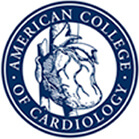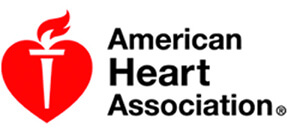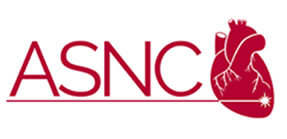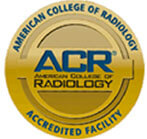Heart Monitoring and Arrhythmia
- Posted on: Dec 12 2019
What is a heart monitor and why would my doctor suggest heart monitoring?
Heart monitoring is exactly what it sounds like: the use of a device to record the heart’s electrical activity and translate that activity into data that can be read and analyzed by your doctor. Monitoring is different from going through one or a series of tests. It is ongoing and provides feedback on how your heart functions while you are asleep, as well as awake and while you are at rest or busily involved in your daily work and recreational activities.
Most of the time, what doctors are looking for is heart arrhythmia. Also known as cardiac dysrhythmia or, more commonly, an irregular heartbeat, heart arrhythmia is actually more than one condition. It can refer to the heart beating too slowly, too fast or in an irregular manner.
In general, most arrhythmias are not life-threatening however some can be. Some types, however, can contribute to the development of serious conditions, like a stroke or cardiac arrest. This is one of the main reasons that heart monitoring can be so important.
There are different types of arrhythmias. Some of the common arrhythmia designations are:
- bradycardia: this is a slow heartbeat of less than 60 beats per minute
- tachycardia: this is a fast heartbeat more than 100 beats per minute
- atrial fibrillation or flutter: irregular heartbeat
- atrial fibrillation is a frequent cause of strokes
- ventricular fibrillation is the most serious type of arrhythmia and is often fatal.
- premature contraction: this is an early or extra heartbeat that can make the next beat feel more forceful and sometimes gives the impression that the heart has skipped a beat
If symptoms indicate that you are having or have just had a heart attack, the first test that your doctor will order will be an electrocardiogram (EKG). Electrodes are attached to your chest and the electrical impulse activity in your heart is recorded. The problem is that the EKG reflects one moment in time and unless it is being administered during the time of arrhythmia, the results can be inconclusive.
Heart Monitors: Ambulatory EKGs
To really understand what is going on with your heart, your doctor needs information about its activity for a much longer stretch of time than what can be provided by a traditional EKG. Cardiac monitors are portable devices that can be worn by the patient for a few days or a couple of weeks to record hearts electrical activity.
Cardiac monitors are lightweight and fairly unobtrusive, are small enough to carry in a pocket or clipped to your belt. The sensors are placed on the chest and record the heart’s activity all through the day and night. This gives your doctor a more complete picture and a much better chance of diagnosing irregularities.
Heart monitoring is painless and risk-free. The only side effects are the possibility of a mild skin reaction to the tape used to attach the sensor.
At Cardiovascular Wellness, our mission is to provide outstanding, timely and personalized care to all of our patients. We are committed to improving your quality of life by designing a comprehensive plan of heart care, individualized to your needs.
Information on locations and office hours for Cardiovascular Wellness can be found by clicking here.
Posted in: Heart Monitoring






